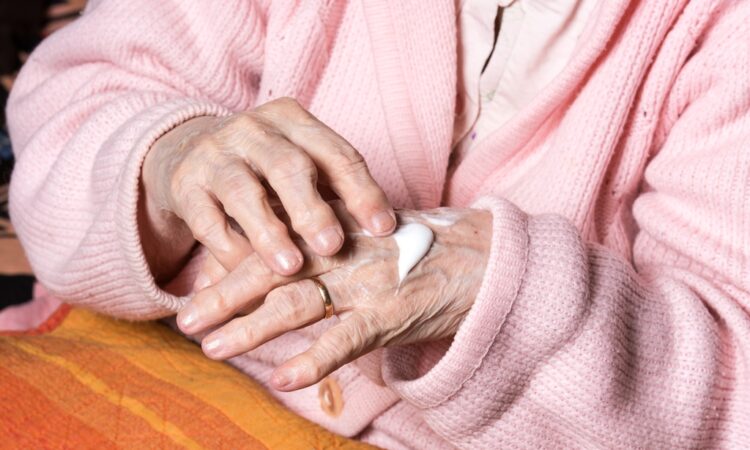
Arthritis symptoms can get pretty bad, and as we grow old, it is more likely that we will develop some form of arthritis or other joint-related discomforts. Thankfully, there are a variety of arthritis creams available that can relieve pain and help one get their life back on track. These creams are widely available across pharmacies and grocery stores. But how do they work? Read on to find out.
Effectiveness
Topical pain relievers, such as over-the-counter arthritis creams and gels, are becoming an increasingly popular alternative for joint ailments. These analgesic rubs can be applied right to the source of pain, reducing inflammation and eliminating discomfort at the application area. Hence, they tend to be more effective on more superficial joints like those in the hands and feet.
Osteoarthritis pain is often found in joints covered with muscle and fat. This type of arthritis can affect multiple parts of the body. Therefore, osteoarthritis pain treatments that act locally may be more effective than creams for some patients.
Capsaicin
Capsaicin stimulates the release of a substance called substance P, sending pain signals to the brain. Capsaicin use gradually diminishes the number of pain signals the sensory nerves transmit, so one may feel less pain over time.
Salicylates
Salicylates, ingredients commonly used in topical pain relief creams such as Aspercreme or Bengay, may provide some pain relief for individuals who have arthritis. However, salicylates may not be suitable for those with aspirin allergies or taking blood thinners. Using these creams can lead to toxicity in higher dosages.
Counterirritants
Counterirritants, such as menthol, eucalyptus oil, and camphor produce an intense feeling of hot or cold on the skin over a painful joint. These sensations break the pain signals to the brain, distracting it from sensing pain in the joint below. Drugs with counterirritant properties include Icy Hot and Biofreeze. Do not apply topical pain relievers to broken or irritated skin.
Limitations
Because the effects of topically applied medications are limited in people with active rheumatoid arthritis (RA), these drugs are often not a good choice for people with inflammatory arthritis.
Certain types of arthritis creams, combined with other arthritis medications, can help manage pain and stiffness for end-stage rheumatoid arthritis (RA) and during flares for some RA patients. Before using any arthritis cream, talk to the doctor about its effectiveness and safety.






